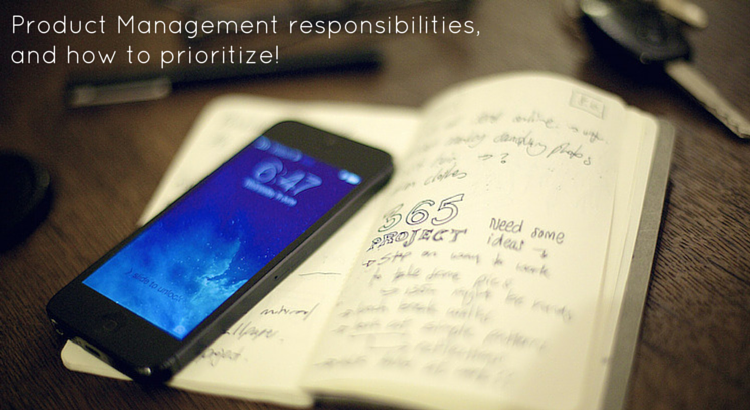User experience has historically been a field focused on solutions targeting consumers. But when how you use products at work no longer differ from how you use them at home, user experience obviously becomes important also for business users. I don’t want the web sites I visit to suck, the phone I carry to suck, or the software I use to suck, simply because I am in the office.



